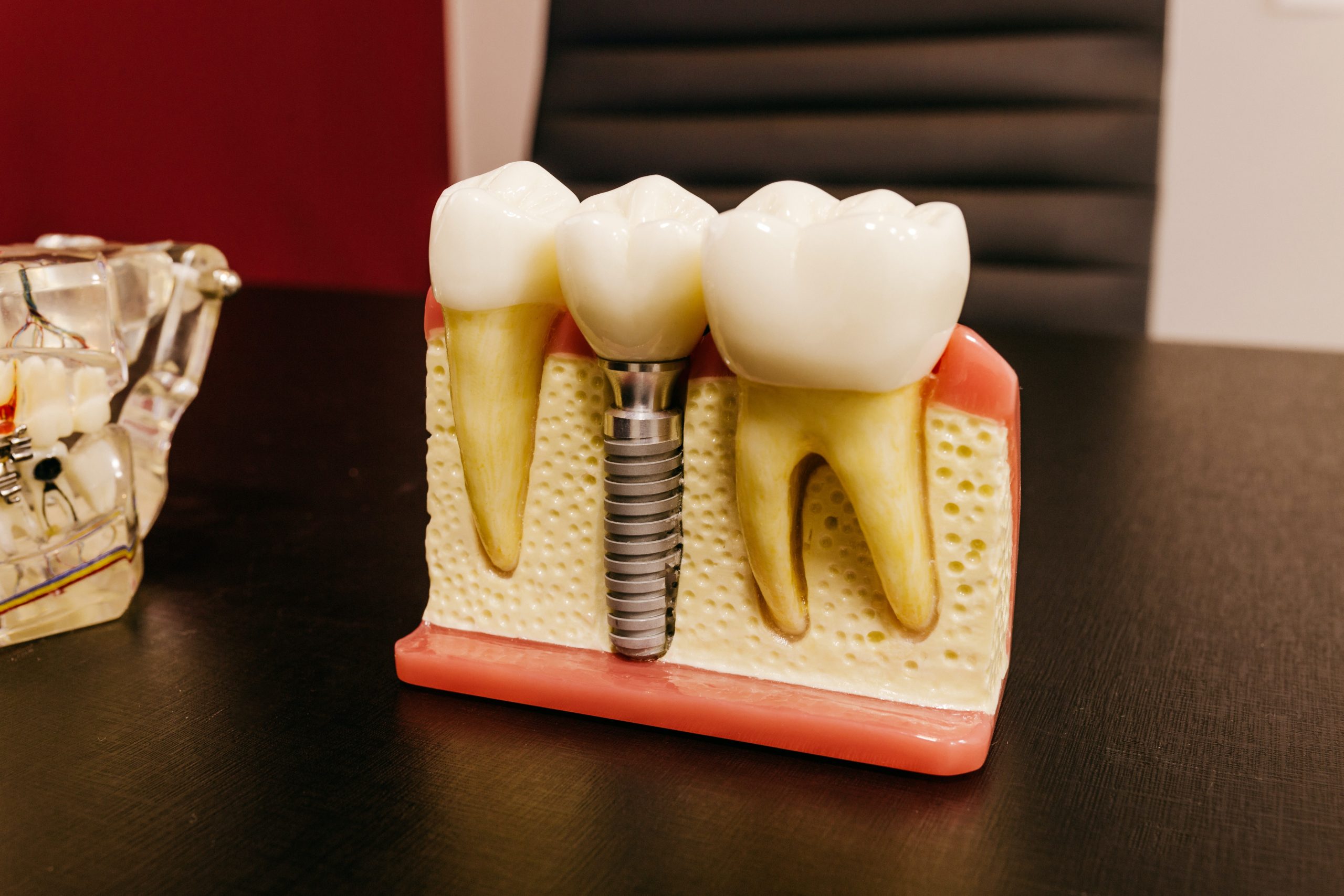
Dental implants are a common and effective way to replace missing teeth. They are usually made of titanium and are placed in the jawbone where they fuse with the bone over time. This gives them a very strong foundation to support a dental prosthetic, such as a crown, bridge, or denture.
While dental implants are typically associated with adults, there is a growing trend of children getting dental implants. This is because there are many benefits to getting dental implants at a young age. Dentists at Gorgeous Smiles emphasize that only kids with fully developed jawbones can get dental implants, which is typically around 15 years old for girls and 17 years old for boys.
Why Should the Age Requirement Be Followed?
It’s important to adhere to this age requirement because the jawbone needs to be fully developed in order for the dental implant to fuse properly. If a child were to get a dental implant before their jawbone is fully developed, there is a risk that the implant will not fuse correctly and will need to be removed or replaced later on.
Another reason why it’s important to wait until the jawbone is fully developed is because the height and width of the jawbone affects the size, shape, and placement of the dental implant. If a dental implant is placed in a child’s jawbone before it’s fully developed, it could cause problems later on down the road.
Are There Any Risks Associated With Dental Implants in Children?
There are always risks associated with any surgery, but the risks associated with dental implants in children are relatively low. Let us discuss the most common complications associated with dental implants in children:
1. Implant Failure
The most common complication is implant failure, which occurs when the implant does not fuse correctly with the jawbone. This can usually be remedied by removing the implant and placing a new one.
Implant failure can also occur if the implant is placed in an area of the jawbone that is not fully developed. This is why it’s essential to ensure your child’s jawbone is fully developed before getting a dental implant.
2. Infection
Another possible complication is infection, which can occur at the site of the surgery or at the implant itself. If your child develops an infection, they will likely need to take antibiotics to clear it up.
3. Nerve Damage
There is also a risk of nerve damage, which can occur if the implant is placed too close to a nerve in the jawbone. This can cause numb lips, gums, or chin tingling. If this occurs, it is usually temporary and will resolve on its own.
As you can see, there are some risks associated with dental implants in children, but these risks can be minimized by working with a qualified and experienced dentist. Therefore, if you are considering dental implants for your child, be sure to consult with a dentist who has experience in this area.
What Are the Benefits of Getting Dental Implants at a Young Age?
There are many benefits to getting dental implants at a young age. First, it can help your child to avoid the need for braces. This is because dental implants can be used to support a dental prosthetic, such as a crown or bridge. Therefore, the need for braces can be eliminated.
Another benefit of getting dental implants at a young age is that it can help to preserve your child’s natural teeth. This is because dental implants can be used to support a dental prosthetic, such as a denture. Therefore, your child’s natural teeth will not need to be removed in order to make room for the denture.
Finally, getting dental implants at a young age can help to improve your child’s self-esteem. This is because dental implants can give your child a beautiful and natural-looking smile. Therefore, your child will not have to worry about their appearance or their self-confidence.
These benefits are the reasons why more parents are confident about having their kids get dental implants at a young age. Despite being a relatively new procedure, dental implants have become increasingly popular among children, which is why it’s important to consult with a qualified dentist if you’re considering this option for your child.
Bottom Line
Dental implants in kids are not common but can be done in certain cases. The decision to place implants in children should be made on an individual basis after a thorough evaluation by a qualified dental specialist.
If you are considering dental implants for your child, it is important to consult with a qualified dental specialist to discuss the risks and benefits involved. With proper care, dental implants can last a lifetime.
Hey welcome to my blog . I am a modern women who love to share any tips on lifestyle, health, travel. Hope you join me in this journey!

Speak Your Mind